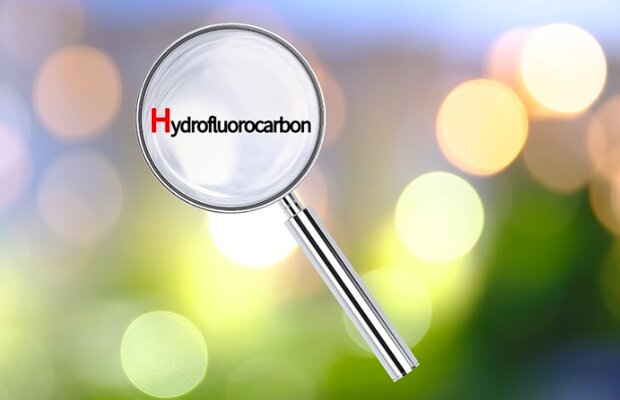

The Union Cabinet has approved the ratification of the Kigali Amendment to the Montreal Protocol on Substances that Deplete the Ozone Layer for phasing down Hydroflurocarbons (HFCs) in India, adopted on October, 2016, at the 28th Meeting of the Parties to the Montreal Protocol held at Kigali, Rwanda (East Africa).
HFCs are a group of industrial chemicals primarily used for air conditioning and refrigeration. Many HFCs are short-lived climate pollutants. The most abundant of these, HFC-134a, is 3,790 times more damaging to the climate than climate dioxide (CO2) over a 20-year period.
Some of the commonly used alternatives to HFCs in different sectors are propane (R290), isobutane (R600a), ammonia (R717) and carbon dioxide (R744). These refrigerants offer lower cost, have low GWP and high energy efficiency compared to their fluorinated counterparts.
While HFCs do not deplete the stratospheric ozone layer, they have high global warming potential, which has an adverse impact on climate. HFC emissions are expected to grow quickly without action. Under the Kigali Amendment, countries have committed to reduce the production and use of these gases by 2050.
The government believes that the proposed HFC phase down will curb greenhouse gas emissions, helping prevent climate change. The industries producing and consuming HFCs will phase them out as per the agreed schedule mentioned below and gradually transition to non-HFC and low global warming potential technologies.
The following implementation strategy and targets have been put forth by the government:
The government has also outlined the expected impact of the phase down, including employment generation potential:
“There would be scope for domestic manufacturing of equipment as well as alternative non-HFC and low-global warming potential chemicals to enable the industry to transition to the low global warming potential alternatives as per the agreed HFC phase down schedule. In addition, there would be opportunities to promote domestic innovation for new generation alternative refrigerants and related technologies,” says the government.
The Montreal Protocol on Substances that Deplete the Ozone Layer is an international environmental treaty which aims to protect the ozone layer by phasing out the production and consumption of man-made chemicals referred to as ozone depleting substances (ODS). The stratospheric ozone layer protects humans and the environment from harmful levels of ultraviolet radiation from the sun.
India became a Party to the Montreal Protocol on June 19, 1992, and since then has ratified the amendments to the Protocol. The country has successfully met all the phase out targets of the Ozone Depleting Substances as per the Montreal Protocol schedule.
1. The mandate for blending Compressed Biogas (CBG) with natural gas has come into effect…
Andhra Pradesh is striving towards greening its energy sector with quite some speed. In a…
With an objective to bolster India’s green energy goals, a Tripartite Agreement has been signed…
The Union MNRE Minister Pralhad Joshi launched the Green Hydrogen Certification Scheme of India (GHCI)…
India’s energy conglomerate Bharat Petroleum Corporation Limited (BPCL) has commissioned a 5MW green hydrogen plant…
In a historical development, the European Space Agency (ESA) has successfully launched its pioneering ‘Biomass’…